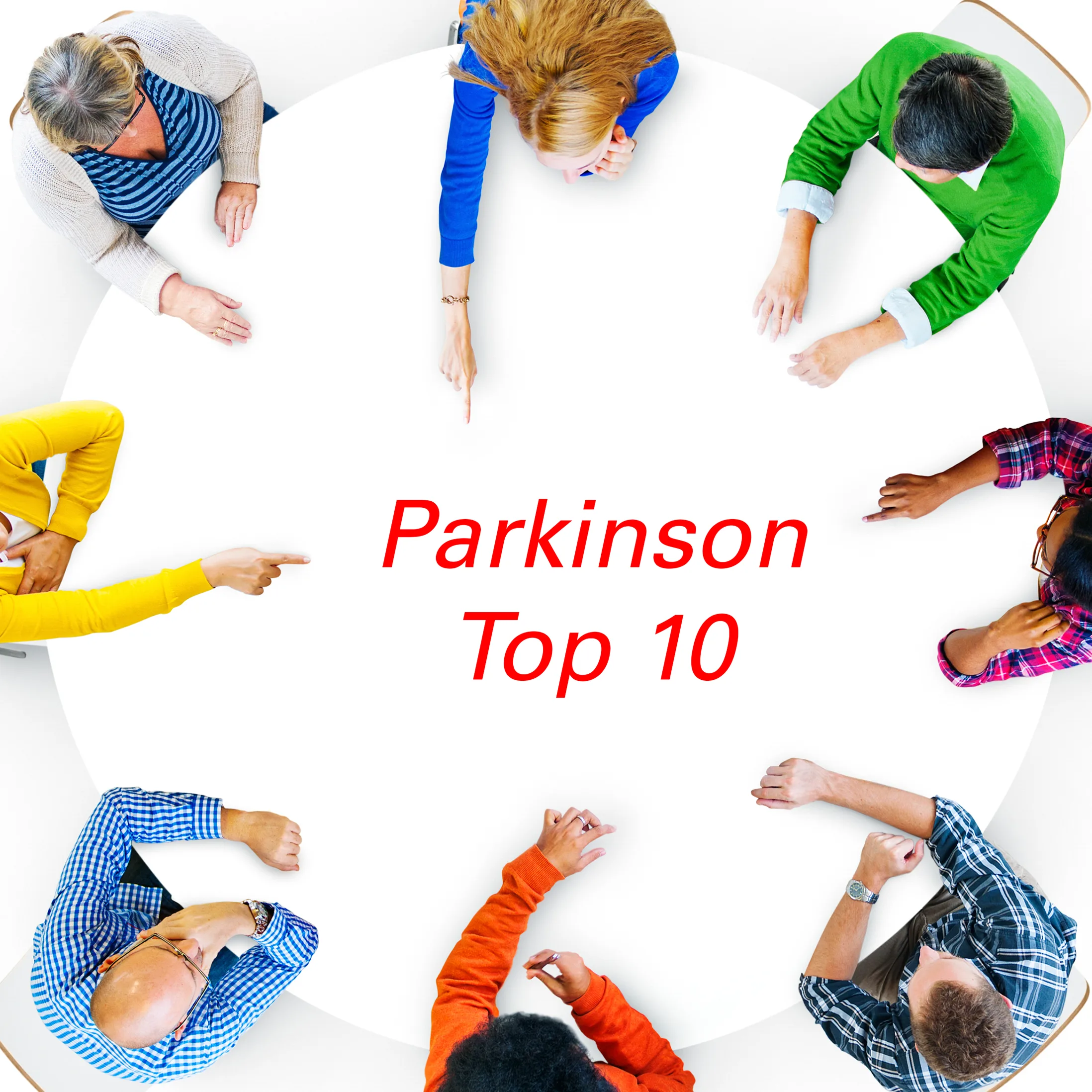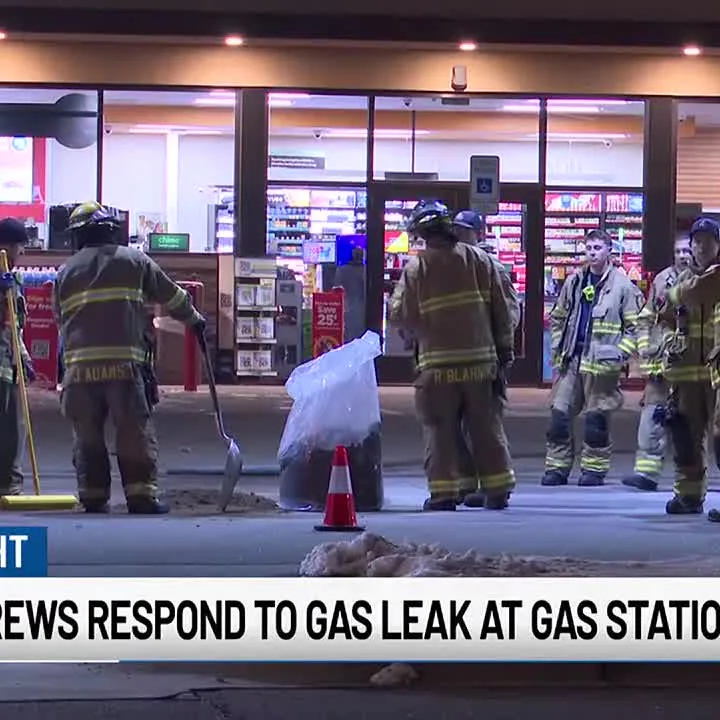A recent study conducted by Brown University has found a significant correlation between air pollution levels and marathon performance, revealing that higher concentrations of pollutants can lead to significantly slower finish times for runners. The research, published in the Journal of Environmental Economics and Management, analyzed data from over 7,000 marathon participants across various events. The findings indicate that increased exposure to pollutants such as particulate matter (PM10) and nitrogen dioxide (NO2) can reduce runners’ performance by up to 12%, emphasizing the detrimental impact of urban air quality on athletic performance. Dr. E. Jason Allin, a lead researcher on the study, stated, ‘Our analysis provides strong evidence that air pollution is not just a public health concern but also an issue that can significantly hinder athletic performance.’ The study’s authors urge marathon organizers and city officials to consider air quality improvements as part of their planning processes to enhance the health and performance of runners. This growing body of research is critical as marathons continue to gain popularity in urban areas, where air pollution levels are often higher. Data suggest that the average marathon finish time has increased across major cities, paralleling rising pollution levels, prompting further investigation into how environmental factors influence athletic outcomes.
Study Links Air Pollution to Slower Marathon Finish Times














